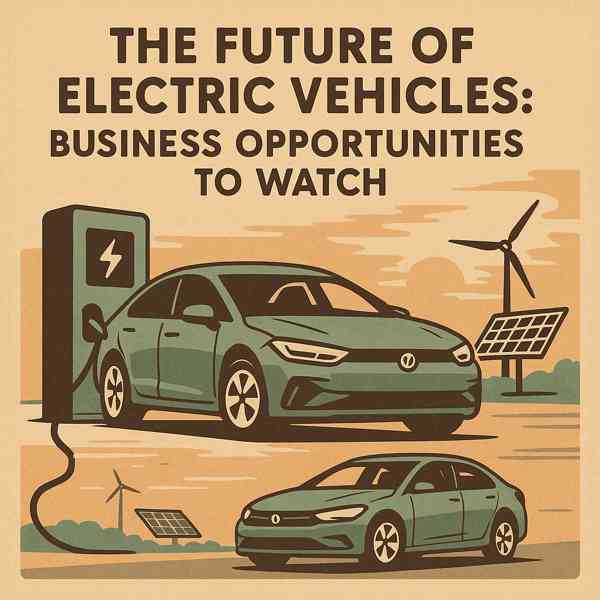Electric Vehicles: The Future of Transportation

With zero emissions and cutting-edge technology, EVs are quickly becoming a future standard for personal and commercial travel.
From compact cars and SUVs to trucks and motorcycles, EVs are available in more models than ever.
Understanding EVs
Electric vehicles are powered entirely by stored electricity, rather than traditional internal combustion engines.
Key components of EVs include:
- Electric motor
- Stores the electrical energy
- Manages energy flow from battery to motor
- Connects to home or public chargers
Electric vehicles come in various types, such as hybrid electric vehicles (HEVs)—each with different levels of electrification.
Advantages of Going Electric
Whether you're looking to save money or reduce emissions, EVs offer a compelling option.
Major benefits include:
- Lower operating costs
- Helps fight climate change
- Better overall driving comfort
- Financial perks for EV buyers
For eco-conscious and cost-aware drivers, electric vehicles are an increasingly forward-thinking choice.
Limitations to Consider
Despite the growing popularity of EVs, they still face some barriers that buyers should consider.
Common read more concerns include:
- Limited driving range
- Longer trips need planning
- Though often offset by long-term savings
- Batteries degrade over time
As technology advances and infrastructure improves, many of these challenges are becoming easier to manage.
Different Kinds of EVs on the Market
Not all electric vehicles are the same.
Categories of electric vehicles:
- Battery Electric Vehicles (BEVs)
- Can switch between electric and fuel power
- Hybrid Electric Vehicles (HEVs)
- Fuel Cell Electric Vehicles (FCEVs)
Each type has its pros and cons, so buyers should evaluate their needs.
How to Charge Your EV
There are multiple charging levels and methods depending on your daily usage.
Main EV charging options include:
- Standard household outlet
- Faster and ideal for daily use
- DC Fast Charging
- Wireless or inductive charging (emerging tech)
As public charging networks expand, EV owners will enjoy even more accessibility and peace of mind.
The Future of Electric Vehicles
As governments push for cleaner energy and manufacturers invest in innovation, the future of EVs looks bright.
Trends shaping the future include:
- Higher energy density and faster charging
- Using EVs to support the power grid
- The future of hands-free travel
- Making EVs accessible to all drivers
As innovation continues, EVs will become more efficient, affordable, and widespread.
Conclusion
With growing demand and continuous improvement, EVs are becoming a smart option for more drivers every day.
The future is electric—are you ready to plug in?